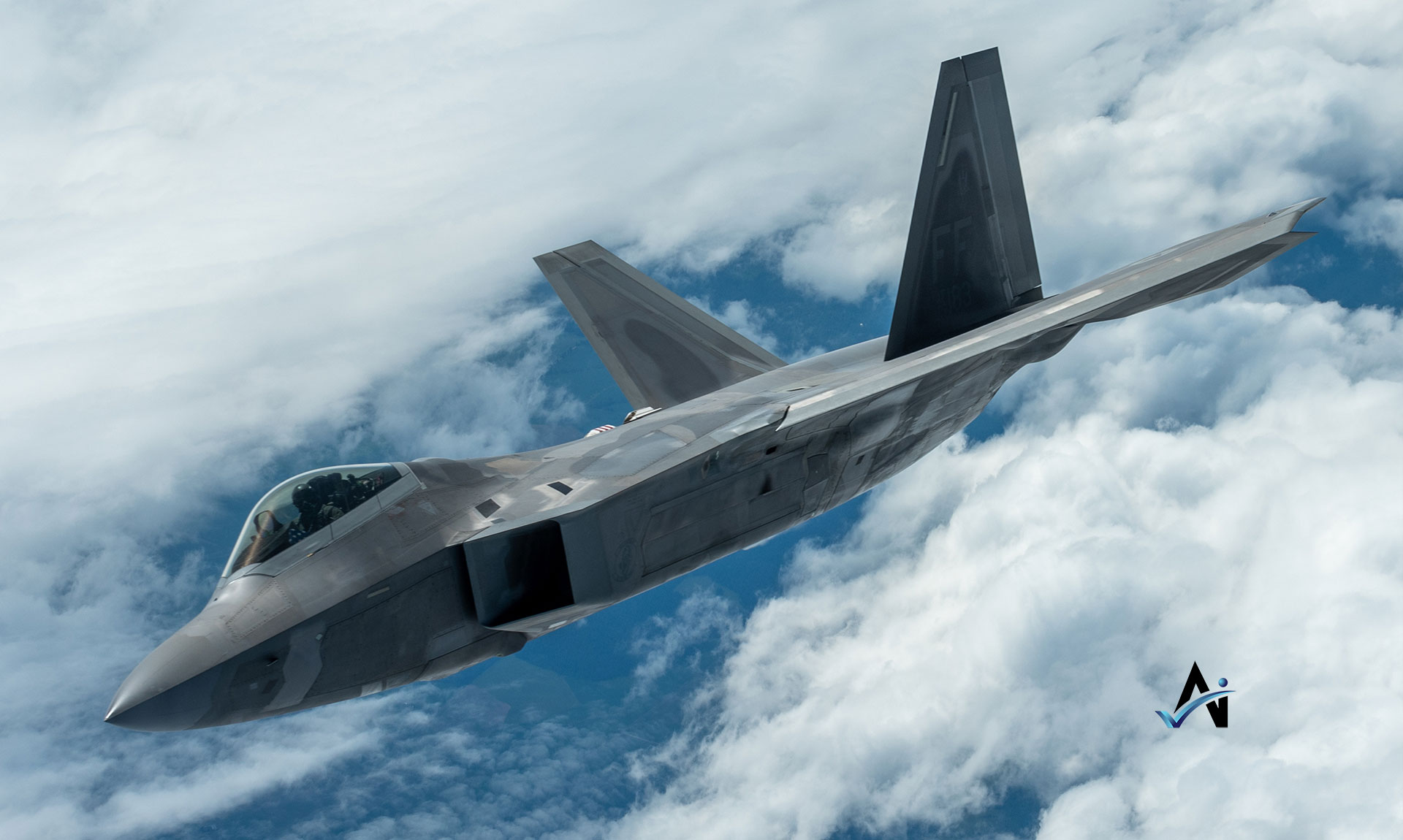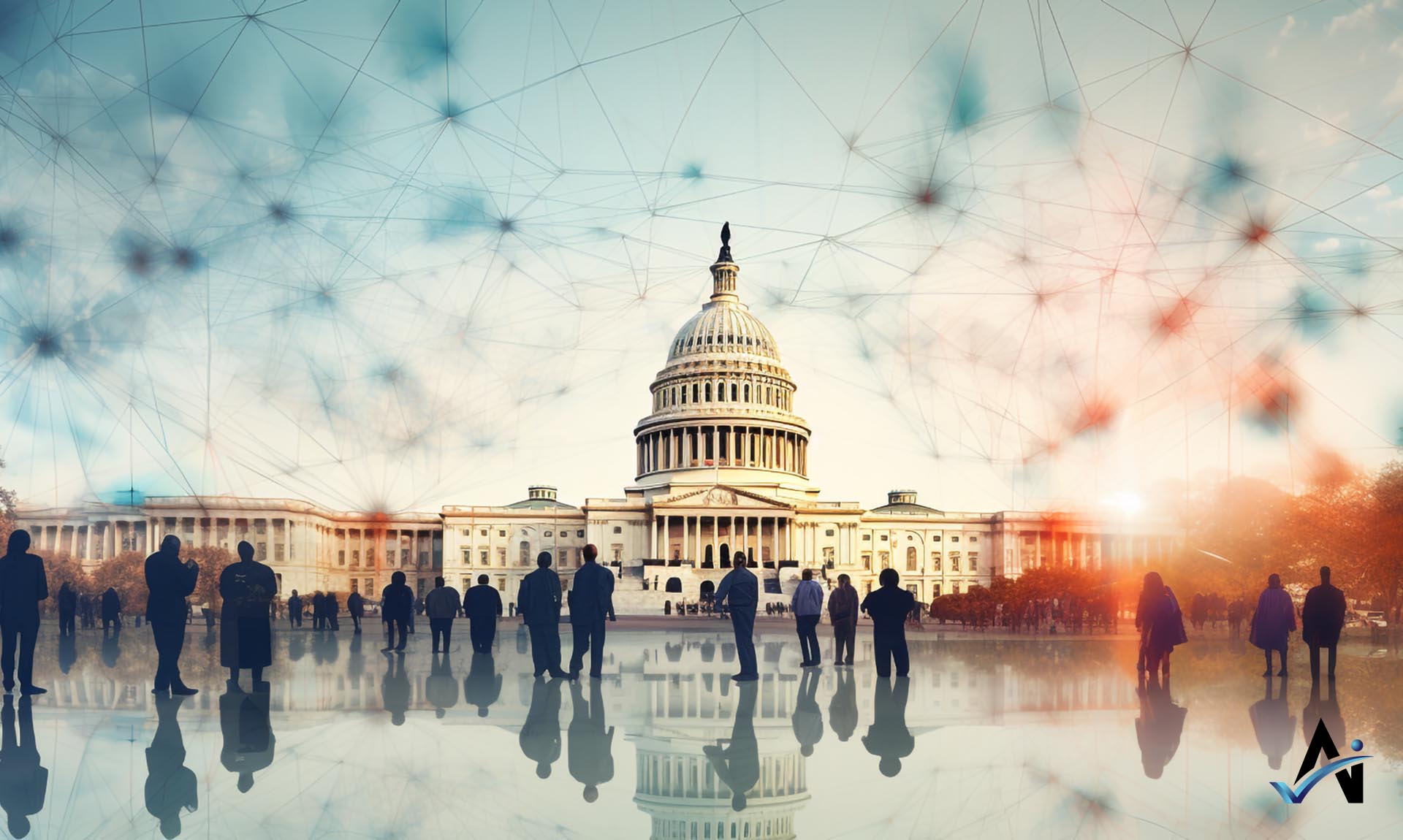The Rise of AGI Supremacy: Why America Must Lead
In the evolving narrative of global power, Artificial General Intelligence (AGI) has emerged as a pivotal character. With nations vying for dominance in the AI arena, the advent of AGI could potentially create a new superpower, altering the geopolitical landscape. This in-depth analysis examines how AGI could lead to AI supremacy and the subsequent implications for global power dynamics.
The Path to AI Supremacy Through AGI
Artificial General Intelligence represents a form of AI with comprehensive cognitive abilities, capable of performing any intellectual task that a human being can. This marks a significant leap from the current AI technologies, which are designed for specific, narrow tasks.
- Technological Leapfrogging: A nation that develops AGI first could leapfrog ahead in technology, gaining a significant advantage in various sectors, including defense, economy, and healthcare.
- Economic Growth and Influence: AGI could drastically improve efficiency and productivity, leading to exponential economic growth. This economic powerhouse could then translate into increased global influence.
- Military and Strategic Advantage: AGI offers potential military advancements, including autonomous weapons and strategic planning capabilities, potentially outclassing conventional military powers.
The Geopolitical Implications of AGI-Driven Supremacy
- Shift in Global Power Dynamics: The first nation to develop AGI could challenge the existing superpowers, reshaping the global hierarchy. This shift could redefine alliances and rivalries.
- Economic Disruption: AGI could disrupt global markets by creating new industry leaders and rendering some sectors obsolete. This disruption could lead to economic imbalances, both within and between nations.
- Digital Colonization: There’s a risk that the leading AGI nation could exert digital colonization, using its technological advantage to dominate data and digital infrastructure globally.
- Ethical and Regulatory Challenges: The development of AGI will raise unprecedented ethical and regulatory challenges. How these are addressed will have significant implications for international law and human rights.
- The AI Race and Global Tensions: The race for AGI could heighten global tensions, leading to an AI arms race that could escalate into cyber or even conventional warfare.
Detecting the Emergence of AGI
Given the potential impact of AGI, detecting its emergence becomes crucial. This involves monitoring advancements in AI research, particularly in nations with significant investments in AI technology. It also requires a global framework for reporting and assessing AI development stages transparently.
Mitigating Risks and Maximizing Benefits
- International Cooperation: Establishing international agreements on the development and use of AGI could help mitigate risks and ensure that its benefits are shared.
- Ethical AI Development: Global ethical guidelines for AI development could prevent misuse and ensure that AGI advancements consider broader human interests.
- Preparation for Economic Shifts: Nations must prepare for the economic shifts that AGI could bring, including retraining workforces and revising economic policies.
- Global Governance Frameworks: Developing global governance frameworks for AGI could help manage its impact on international relations and security.
Why America Must Lead
The quest for AI supremacy by the United States is not merely a pursuit of technological dominance but a strategic necessity in maintaining global leadership and influence. America’s historical position as a forerunner in innovation and technology has not only fueled its economic growth but also established its role in setting global standards and practices. Achieving supremacy in AI would ensure the continuation of this trend in an increasingly AI-driven future. It would enable the U.S. to lead in critical areas such as cybersecurity, where AI’s role is becoming indispensable in protecting against sophisticated cyber threats, and in defense, where AI technologies are redefining military capabilities. Furthermore, American leadership in AI would ensure that the development and deployment of these technologies are aligned with democratic values and ethical standards, setting a global precedent for responsible and human-centric AI.
The implications of American AI supremacy extend beyond national security and economic growth; they permeate global geopolitics and diplomacy. As an AI leader, the U.S. would have the leverage to shape international norms and policies around the ethical use of AI, influencing how AI is integrated into everyday life worldwide. This leadership is crucial in promoting a vision of AI that upholds individual rights and freedoms, contrasting with models that might prioritize state control or surveillance. Additionally, American leadership in AI would solidify its position as a global innovator, attracting top talent and fostering international partnerships. It would also drive advancements in sectors like healthcare, education, and social services, enhancing the quality of life both domestically and internationally. Thus, America’s lead in AI is not just a matter of national pride or security but a cornerstone in shaping a future where technology serves humanity’s broader interests.
The potential of AGI to create a new superpower and redefine global power dynamics is both an opportunity and a challenge. As we stand at the precipice of possibly the most significant technological advancement in human history, the need for thoughtful, collaborative, and ethical approaches to AGI development has never been more critical. The future of global power may well depend on how humanity navigates the uncharted waters of AGI.
latest video
Get Our Newsletter
Never miss an insight!






